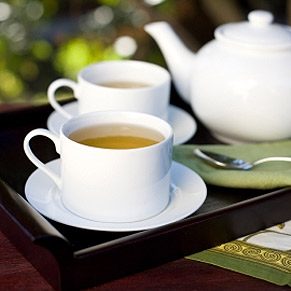
One study found that among people who’d had heart attacks, those who drank 14 or more cups of tea a week were 44 percent less likely to die in the 3 1/2 years following their heart attacks than those who didn’t drink any tea. In another study people who drank about 1 1/2 cups of tea daily had roughly half the risk of heart attack of those who didn’t drink tea. An added bonus: A cup of black tea has less than half the caffeine of coffee; green tea has even less. Some tea tips:
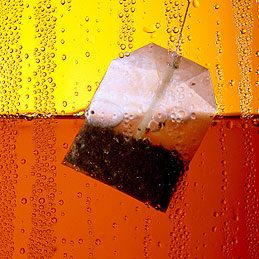
Bag It
When Consumer Reports tested the antioxidant punch of 15 brewed, bottled, and instant teas, it found most teas brewed from tea bags scored highest in antioxidant content. In fact, the magazine reported, “Brewed tea appears to have more antioxidant action than almost any whole fruit or vegetable — and more than most commercial fruit or vegetable juices, too.” But iced teas from mixes and bottle are a decent second choice; they contain a “good deal” of antioxidants, according to the magazine. Just watch the sugar content.
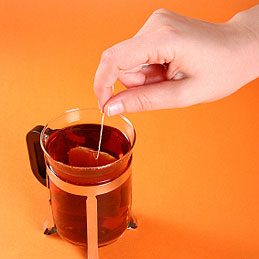
Dunk the Bag
Continuously dunking the tea bag as the tea steeps seems to release far more antioxidant compounds than simply dropping it in and leaving it there.
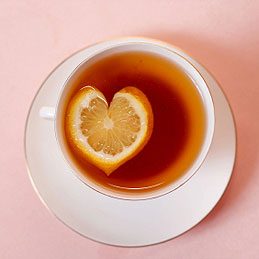
Add Lemon
One study found that the addition of lemon to plain tea increased its antioxidant benefits. That makes sense, since lemon itself contains antioxidants.
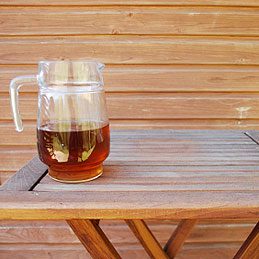
Brew a Batch
To make a day’s supply of iced tea, bring 20 ounces of water to a boil, then remove from the heat. Drop in three tea bags, cover, and steep for 10 minutes. Remove tea bags and refrigerate.
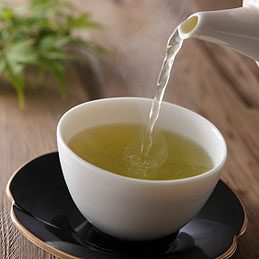
Try Green Tea
Because it isn’t fermented, green tea has even more antioxidant power than black tea does. It also has less caffeine. And it may provide some protection against certain cancers. Experiment with brands until you find one you like. Don’t let green tea steep for more than a couple of minutes or it may become bitter.